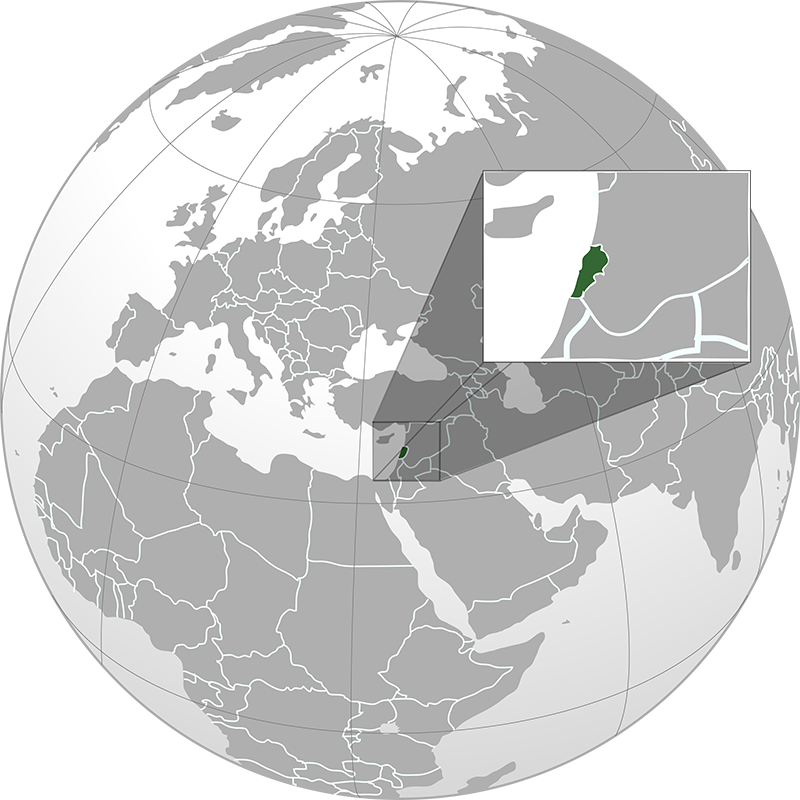
- Population:
- 5,806,000
- Religion:
- Islam
Lebanon has a long history as a center of trade and civilization, influenced by Phoenician, Roman, and Ottoman rule. It gained independence from France in 1943. Despite periods of civil war and regional conflicts, Lebanon has maintained a unique cultural and religious diversity, with banking and tourism as key economic sectors.
Lebanon, officially the Lebanese Republic, is a country in Western Asia, located on the eastern shore of the Mediterranean Sea. It is bordered by Syria to the north and east, and Israel to the south. Covering an area of approximately 10,452 square kilometers, Lebanon has a population of about 6 million people as of 2024. The capital and largest city is Beirut. The official language is Arabic, with French and English also widely spoken. Lebanon operates as a unitary confessionalist parliamentary republic, with a political system designed to ensure representation for its diverse religious communities. The economy is mixed, with key sectors including banking, tourism, and services, although it has faced significant challenges in recent years. Lebanon is known for its rich history, cultural diversity, and culinary heritage. The country is a member of international organizations such as the United Nations, the Arab League, and the Organisation of Islamic Cooperation.






